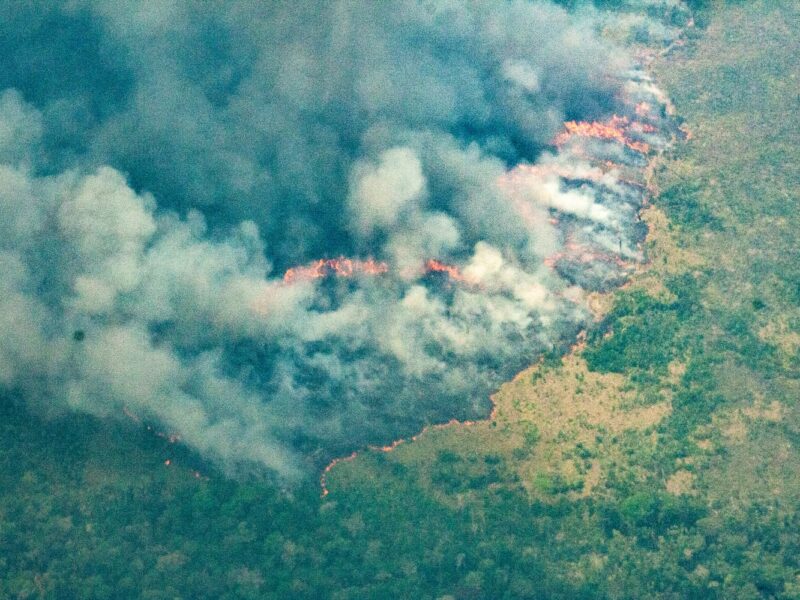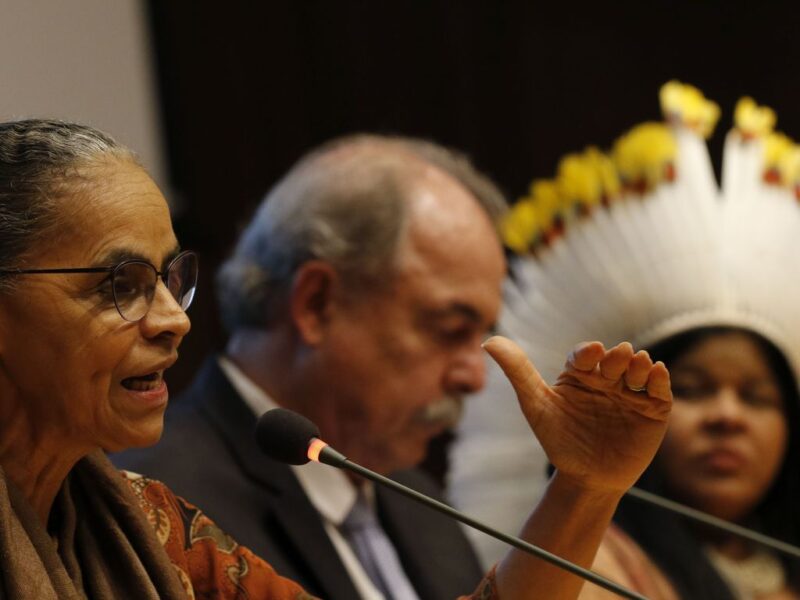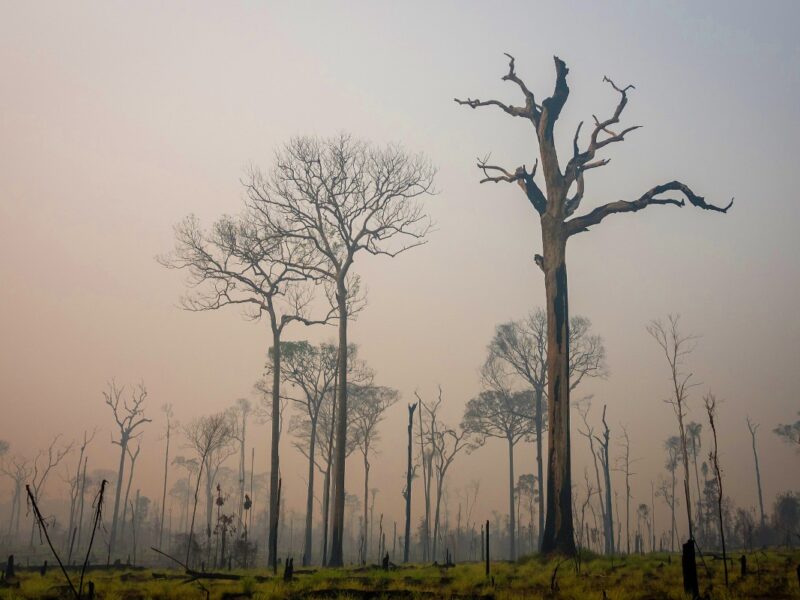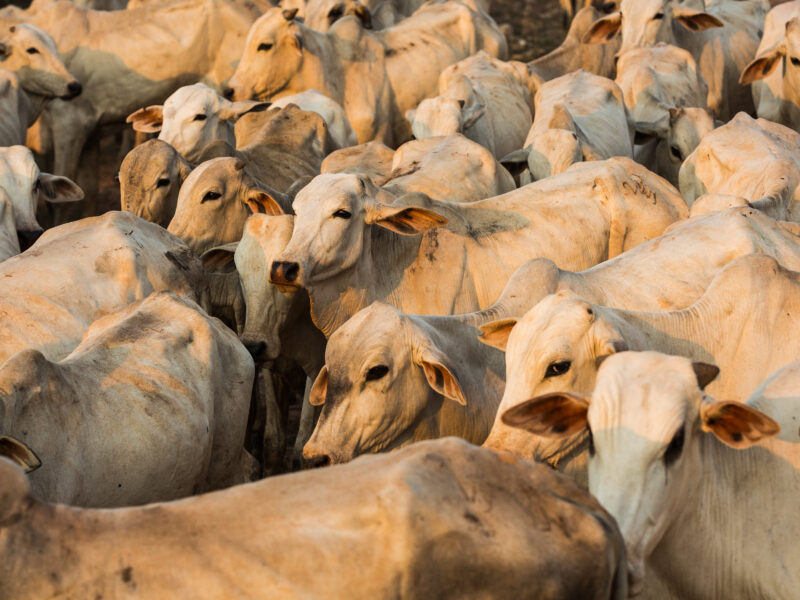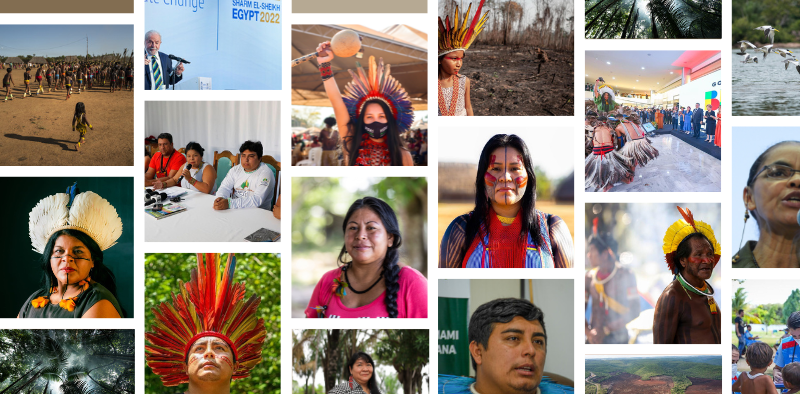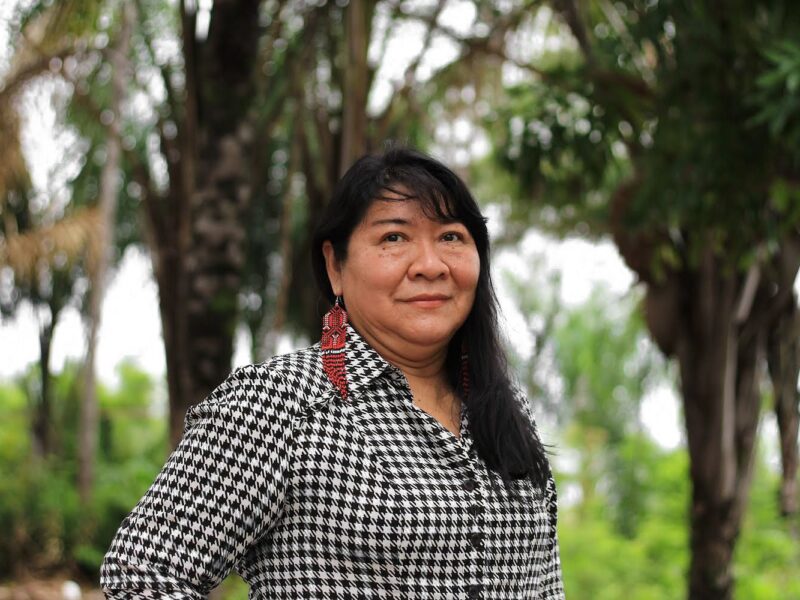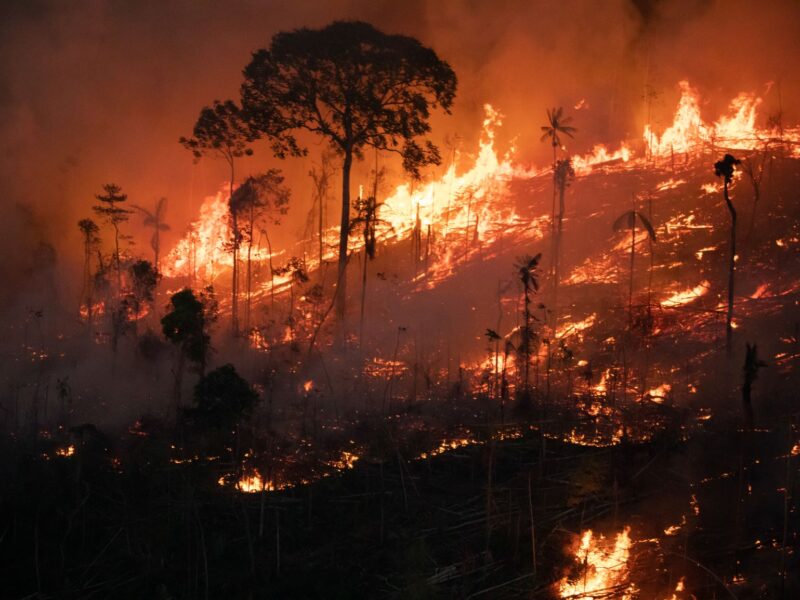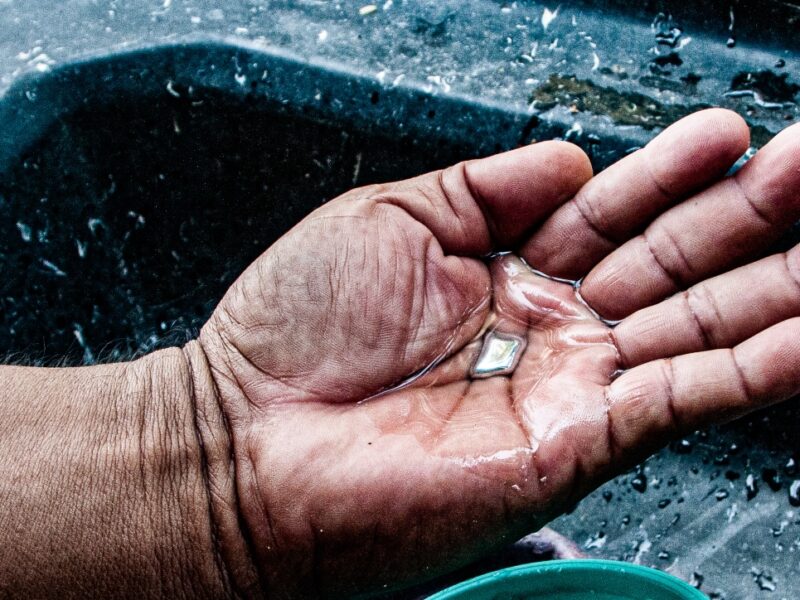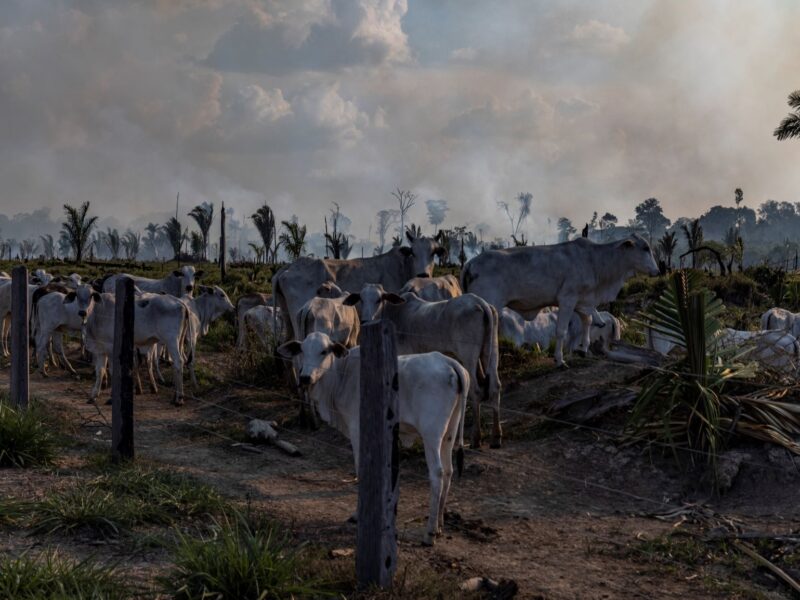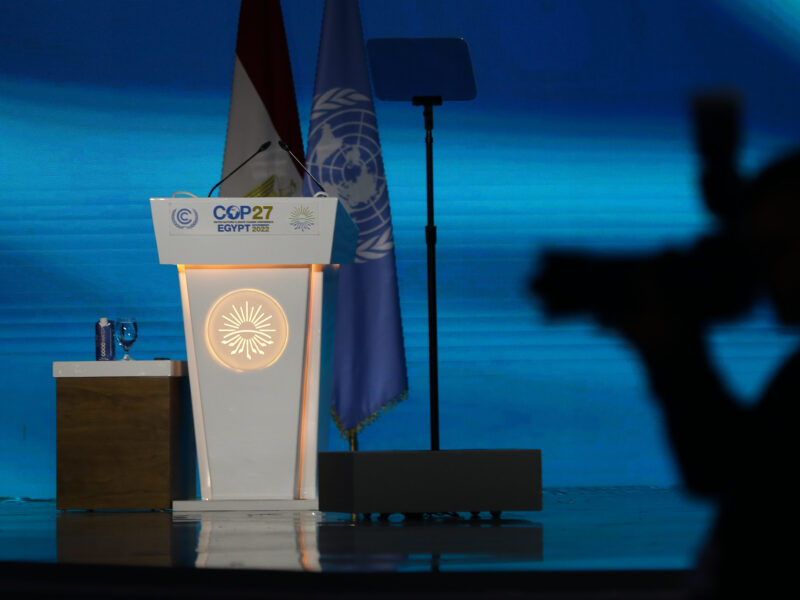In addition to deforestation, forest degradation provoked by human action is among the main sources of carbon emission. Fire and drought are the main factors responsible for future degradation, indicative of the gravity of climate change. Even if the Amazonian countries achieve the promised goal of zero deforestation in 2030, the degradation will continue, as David Lapola explains in an interview with InfoAmazonia.
News
Amazon Fund gains importance in Brazilian diplomacy and draws attention from more countries
Main donor Norway may increase contributions; The country’s minister of the environment is visiting Brazil until Saturday (25) and reaffirms commitment, while adding that they support Brazil in the mobilization of additional resources. Switzerland, France, Spain, the UK and the US have also expressed interest in investing in the fund.
Deforestation in the Amazon: past, present and future
According to a new study from RAISG, in just five years, the Amazon could lose almost half of what it lost in the past two decades.
The challenge of eliminating deforestation as demand for beef rises
Lula promises to eliminate deforestation by 2030, but projections from the Ministry of Agriculture indicate a 17% increase in beef production in the next ten years, which could lead to the deforestation of one million hectares per year until 2030. Alternatives to further clearing of the forest are the restoration of the pastures and an increase in productivity, allied with oversight measures that put an end to illegal land grabs.
‘The fight goes on’: four indigenous leaders from Amazonia outline their expectations for the next four years
In a conversations with InfoAmazonia, Maial Kaiapó, Samela Sateré-Mawé, Júnior Hekurari Yanomami and Alessandra Korap Munduruku spoke about the historically important establishment of the Ministry of Indigenous Peoples, and the sense of relief following the dismantling of environmental policies.
Funai to seek support from the Amazon Fund: ‘things are destitute’, says Joenia Wapichana
Funai’s new president, who took office on February 3, told InfoAmazonia in an interview that the [agency’s] budget for demarcating and protecting Indigenous Territories is approximately R$ 90,000, which means she will be looking for alternatives for getting the agency back up and working.
Accelerated deforestation in the last months of 2022 poses challenges for Lula’s environmental policy
Not only were INPE’s DETER deforestation alerts in 2022 the highest in history, they surpassed the average for the previous 12 months by 25%. The state of Amazonas ranked second among those Brazilian states inside the Legal Amazon that lost the most rainforest.
From Bolivia to the Tapajós: mercury trafficking for wildcat mining operations on Munduruku Indigenous Territories
InfoAmazonia visited location where illegal mercury is sold along the border between Bolivia and Brazil, for illegal use by wildcat gold mining operations in Amazonia. After the Minamata Convention, Bolivia became the world’s largest mercury importer and it is estimated that half of the metal is sold as contraband to neighboring countries including Brazil, which has eliminated its legal mercury imports.
Brazil was responsible for 70% of the CO2e emissions from deforestation in Pan-Amazonia over the last 35 years
A MapBiomas study released at COP27 on changes in land use in threatened South American ecosystems found that expanding farming and cattle raising activities were drivers for the loss of Amazonian forests between 1985 and 2020.
The challenges Lula will face to eradicate illegal deforestation in Amazonia by 2028
Specialists focus on the difficulties the new 2023 administration faces to reach the goal promised by the Bolsonaro administration at COP26 last year. Escalating deforestation rates could keep Brazil from carrying out its promise.


